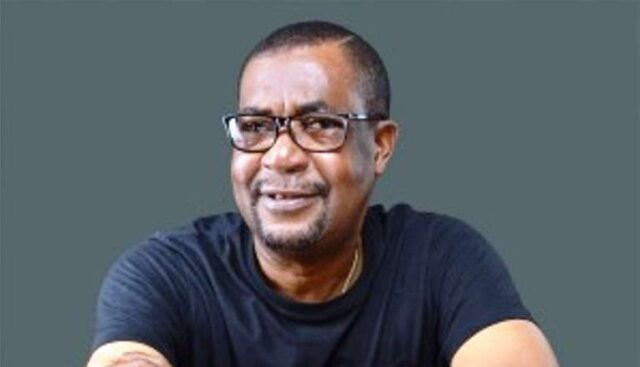By Uche Amunike
Ex-Minister of Power and Steel, Olu Agunloye, has lost the bid to halt his alleged $6 billion fraud trial by the Economic and Financial Crimes Commission, EFCC, as Justice Jude Onwueguzie of the Federal Capital Territory High Court, Abuja, dismissed his preliminary objection to challenge the right of the anti-graft agency to prosecute him.
Speaking, through a statement released by the EFCC spokesman, Dele Oyewale, he explained that Agunloye is facing prosecution by the EFCC on seven counts, bordering on suspected fraudulent Mambilla Power Project contract award to the tune of $6 billion.
The former minister filed the motion on February 8, 2024 through his counsel, Adeola Adedipe (SAN), where he challenged the powers of the EFCC to investigate and prosecute him, as well as that of the jurisdiction of the court to try him.
According to Oyewale: ‘In response, the prosecution counsel, Abba Muhammed, filed a counter affidavit, dated February 22, 2024, where he dismissed Agunloye’s motion as incompetent and offensive to the provisions of Section 115(2) of the Evidence Act.’
During the ruling on Wednesday, Justice Onwueguzie dismissed Olu Agunloye’s motion for lack of merit, while holding that sections, 6 and 7 of the EFCC Establishment Act, 2004, gave the commission investigative and prosecutorial powers to lead investigation into any act of economic and financial crime.
He ruled: ‘On issues of whether the EFCC has the statutory power to investigate and prosecute before a court of competent jurisdiction, I have considered the application of the defence and the respondent, and I hold that the EFCC is charged with the investigation and prosecution of all economic and financial crimes including, contract scams, money laundering, advance fee fraud etc, including the investigation and enforcement of all economic and financial crimes laws, also cause an investigation to whether an individual or company or anybody is likely to commit any crime.’
‘Since the instant charges brought against defendants, are economic and financial crimes in nature, the notion brought by the defendant lacks merit and is hereby dismissed.’
Concerning the legitimacy of the prosecution fiat that the EFCC obtained from the Office of the Auditor General, as opposed to that of the Attorney General of the Federation, the judge held that any other state, authority or person was eligible to institute criminal prosecution in the absence of the AGF.
His words: ‘Even if the charge has no seal of the Attorney-General of the Federation, that does not stop the potency of the charge, as the Attorney-General may decide on any member of his department he wishes to delegate his powers to carry out his duties by law.’
Olu Agunloye has however, stated that he would appeal the ruling that the anti-graft agency had the powers to prosecute him. He expressed the opinion that the court ruling is a total departure from the decision of the Supreme Court in FRN v Nwobike, where similar issues were decided by the apex court.
The case was adjourned by Justice Onwueguzie, to May 30 for the continuation of trial.







